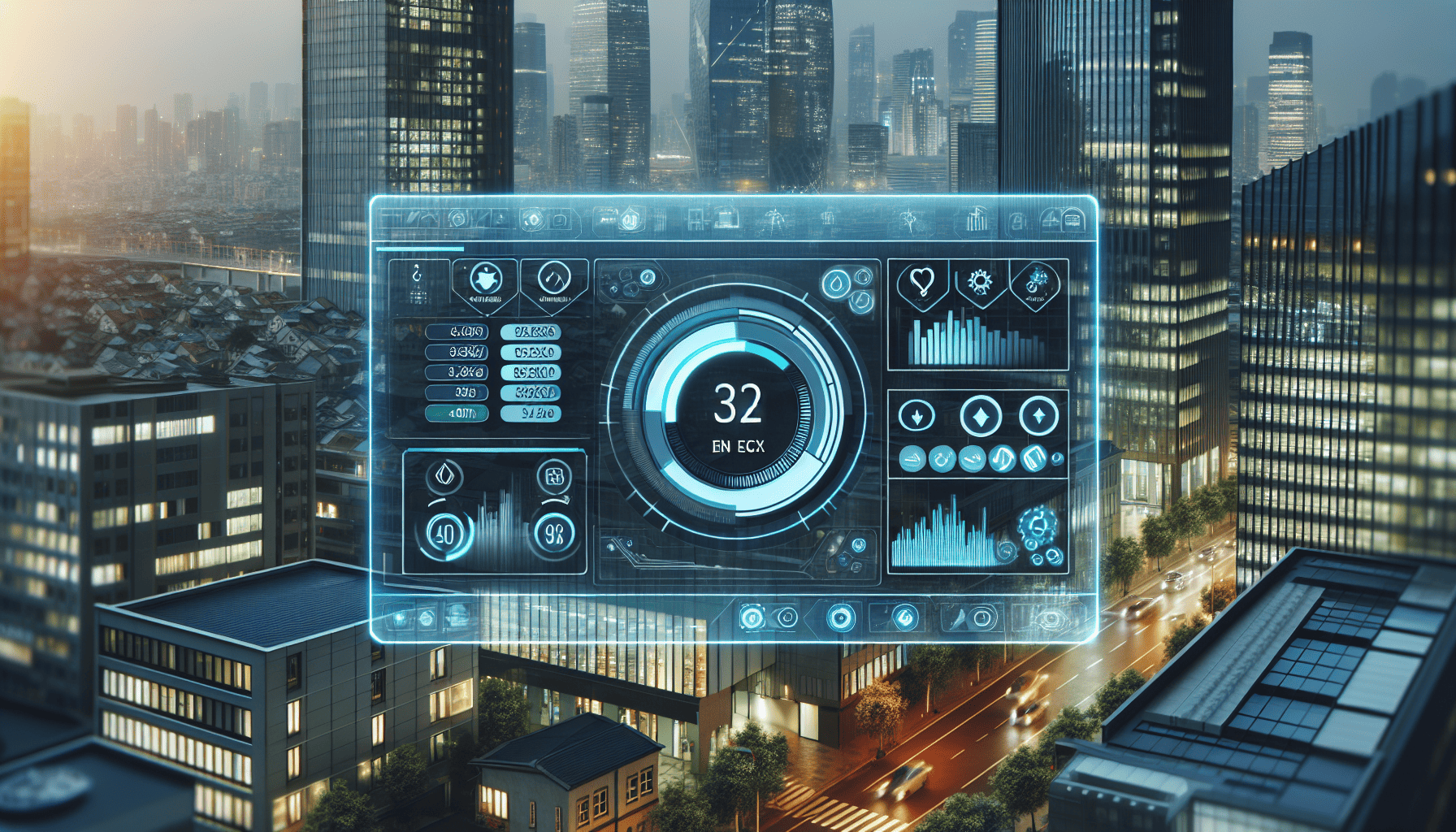Smart energy systems are revolutionizing the way we manage and consume energy, offering a seamless integration of various technologies designed to optimize energy usage and enhance sustainability. These systems employ advanced algorithms, real-time data analytics, and IoT devices to create an efficient network that not only benefits individual users but also contributes to the broader energy grid.
The core idea behind smart energy systems is to enable better decision-making regarding energy consumption and production. By leveraging data from multiple sources such as weather forecasts, historical consumption patterns, and real-time demand, these systems can make informed recommendations on how to distribute energy resources most effectively. This can significantly reduce energy waste and improve efficiency.
One of the key components of smart energy systems is smart grids. These grids incorporate digital communication technology to detect and react to local changes in usage, allowing for real-time adjustments in energy distribution. This can be particularly beneficial in balancing renewable energy sources like solar and wind, which are inherently variable.
Another critical aspect is the integration of smart meters. These devices provide detailed insights into energy consumption patterns, enabling consumers to make more informed choices about their energy use. Additionally, smart meters offer utilities the ability to manage loads more effectively, reducing the likelihood of outages and helping maintain grid stability.
The application of IoT in home energy management systems is also noteworthy. IoT devices, such as smart thermostats, lights, and appliances, can be programmed to operate during off-peak hours or when renewable energy is abundant, thereby lowering bills and reducing reliance on fossil fuels.
Moreover, smart energy systems facilitate the adoption of microgrids and distributed energy resources (DERs). Microgrids can operate independently or in conjunction with the main grid, offering increased reliability and flexibility. This is particularly advantageous for remote or disaster-prone areas. DERs, including rooftop solar panels and home battery storage, allow consumers to generate and store their own energy, thus promoting energy independence and resilience.
The transition to smart energy systems also opens up new avenues for innovation and economic growth. By investing in these technologies, governments and businesses can stimulate job creation in the tech and energy sectors while advancing towards their sustainability goals.
In conclusion, integrated smart energy systems are essential for a sustainable energy future. They provide a comprehensive approach to managing energy resources, improving efficiency, and reducing carbon emissions. As technology continues to evolve, these systems will become even more sophisticated, paving the way for a cleaner, more efficient energy landscape.
